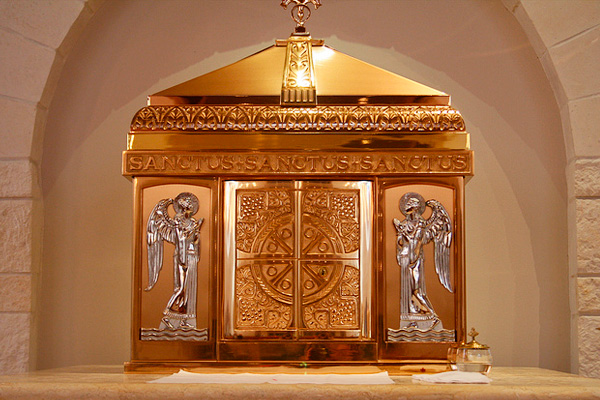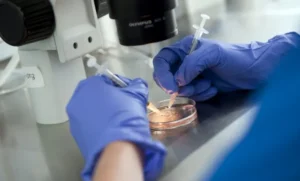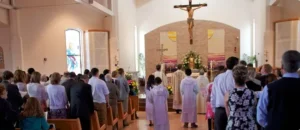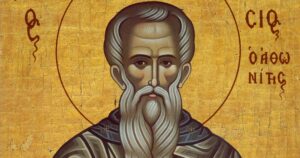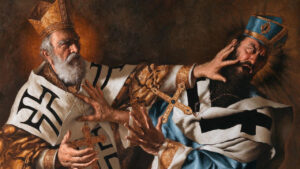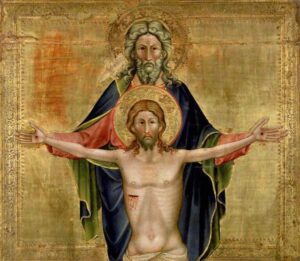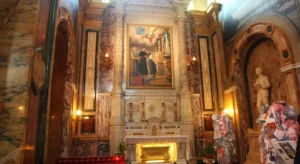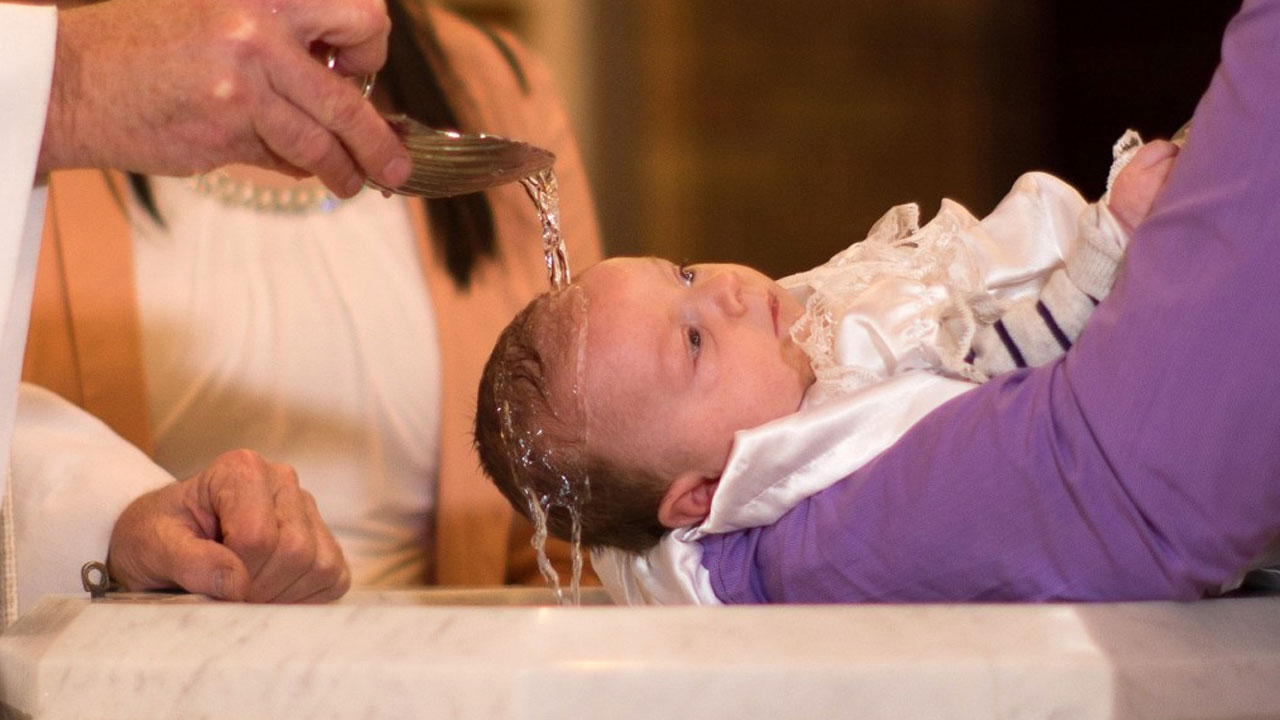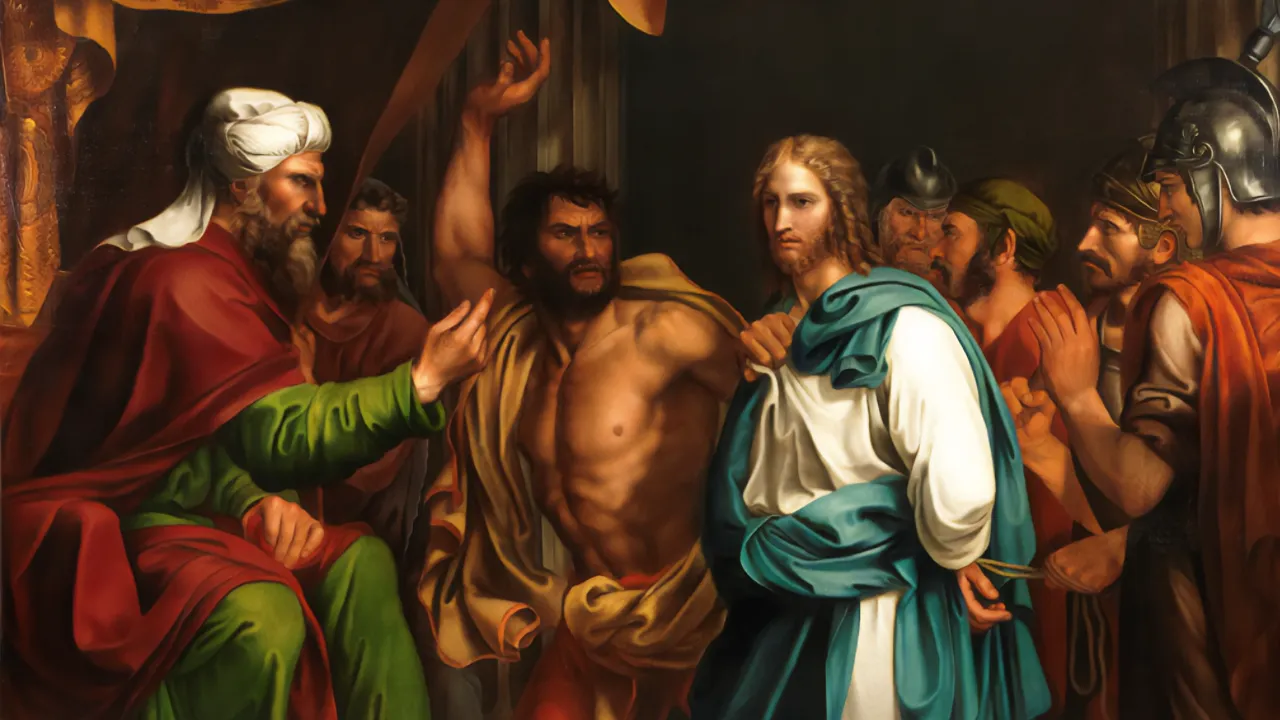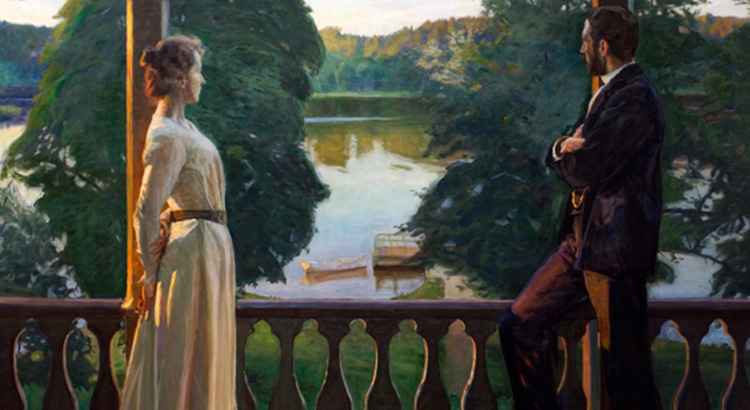Question:
Are lay people permitted to remove a consecrated host from the tabernacle, in good faith, on a regular basis without the priest being visually present. If so where in the catholic catechism or church teaching is this mentioned or permitted? I thought only a catholic priest or ordained deacon would be permitted to do this.
Answer:
It is not the task of acolytes or extraordinary ministers to open and close the Tabernacle, unless there are exceptional circumstances.
The ordained minister (priest or deacon), who is the ordinary minister of Holy Communion, is the only one who can and should normally open the Tabernacle to be sure there are enough consecrated hosts, to retrieve and repose the Eucharist during Mass, to expose the Blessed Sacrament for the adoration of people, etc.
“The acolyte is instituted to serve at the altar and to assist the priest and deacon. In particular, it is his responsibility to prepare the altar and the sacred vessels and, if it is necessary, as an extraordinary minister, to distribute the Eucharist to the faithful.[1]” (General Instruction of the Roman Missal, 98)
“In the absence of an instituted acolyte, lay ministers may be deputed to serve at the altar and assist the priest and the deacon; they may carry the cross, the candles, the thurible, the bread, the wine, and the water, and they may also be deputed to distribute Holy Communion as extraordinary ministers.[2]” (General Instruction of the Roman Missal, 100)
During Mass, at the end of the Communion Rite “the consecrated hosts that are left over are either consumed by the priest at the altar or taken to the place designated for the Eucharistic reserve” (Redemptionis Sacramentum, 107). So, normally the acolytes and/or the extraordinary ministers of communion help to distribute the Eucharist in exceptional cases; but they cannot, when there is a priest celebrating, open or close the Tabernacle, nor go to look for or reserve the hosts at the end of communion.
“However, where the need of the Church so advises, lacking the sacred ministers, the lay faithful can supply some liturgical tasks, in accordance with the norms of law” (Redemptionis Sacramentum, 147). Therefore, only in very extraordinary and extremely necessary cases can an acolyte -who is an extraordinary minister of communion- access the Tabernacle, for example, when a very old priest cannot walk and there are no more ordained ministers or also in mission lands, when there is no priest in a community and it is necessary to bring communion to a sick person, or to expose the Blessed Sacrament (but with the ciborium and without giving the blessing), etc.
“The priest or deacon is the minister of exposition of the Blessed Sacrament and of the Eucharistic blessing; In peculiar circumstances, only for exhibition and reservation, but without blessing, are the acolyte, the extraordinary minister of Holy Communion or another appointed by the Ordinary of the place, observing the prescriptions dictated by the diocesan Bishop” (Code of Canon Law, 943).
“Where the need of the Church advises it and there are no ministers, the laity can also, even if they are not lectors or acolytes, replace them in some of their functions, that is, exercise the ministry of the word, preside at liturgical prayers, administer Baptism and Holy Communion, according to the prescriptions of the law. (Code of Cannon Law, 230, 3).
The foregoing implies that in these special circumstances a person who is not an ordained minister can open and close the Tabernacle.
God bless you.
Fr José Giunta, IVE
[1] Cf. Code of Cannon Law, 910, 2; cf. also Interdicasterial Instruction on certain questions regarding the collaboration of the non-ordained faithful in the sacred ministry of priests, Ecclesiae de mysterio, 15 August 1997, art. 8.
[2] Cf. Sacred Congregation for the Discipline of the Sacraments, Instruction Immensae caritatis, 29 January 1973, no. 1; cf. also Code of Cannon Law, 230, 3.

